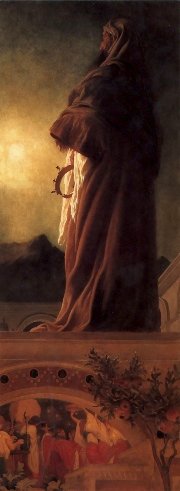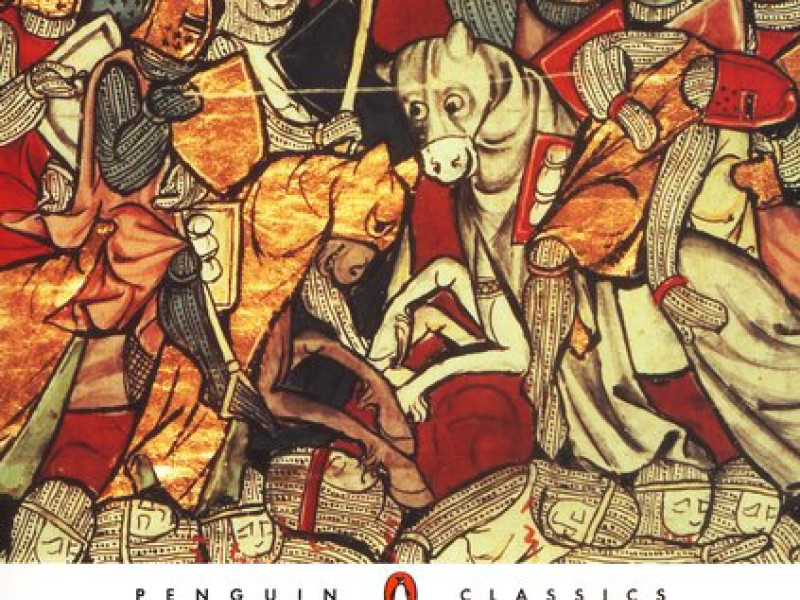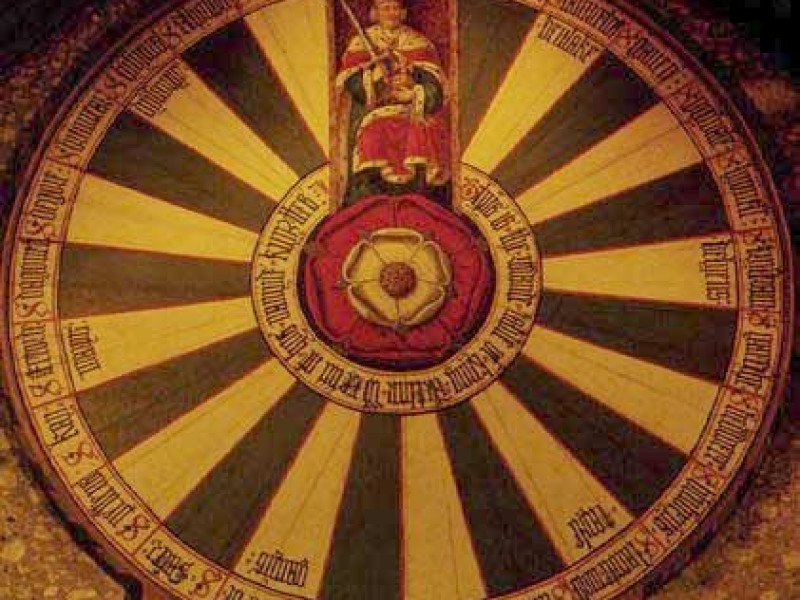Origin of the Grail
Here, you will find two different versions about Joseph of Arimathea and the origin of the Holy Grail - the original poem by Robert de Boron and the later Vulgate version on the history of the Grail, written by an unknown author or authors.
| Robert de Boron | Joseph d'Arimathie, c. 1200 |
| Vulgate Cycle (Lancelot-Grail) | Estoire de Saint Graal, c. 1250 |
Robert de Boron actually included some major additional events to Chretien's Grail romance, as well as to the early history of King Arthur, based on Geoffrey of Monmouth's work.
As you will see after reading both legends, you will find that the Vulgate romance was only based loosely on Boron's original. The Estoire de Saint Graal was actually based mostly on the original trilogy of the Vulgate romances; namely the Lancelot Propre and the Queste del Saint Graal.
Note, that originally I wasn't going to do a Vulgate version, but there are a number of differences between Boron's and the Vulgate version that merited that both stories should be told.

Genealogy
House of Perceval (Chretien de Troyes' version)
Related Sites
Grail Legend (Background)
By Jimmy Joe








